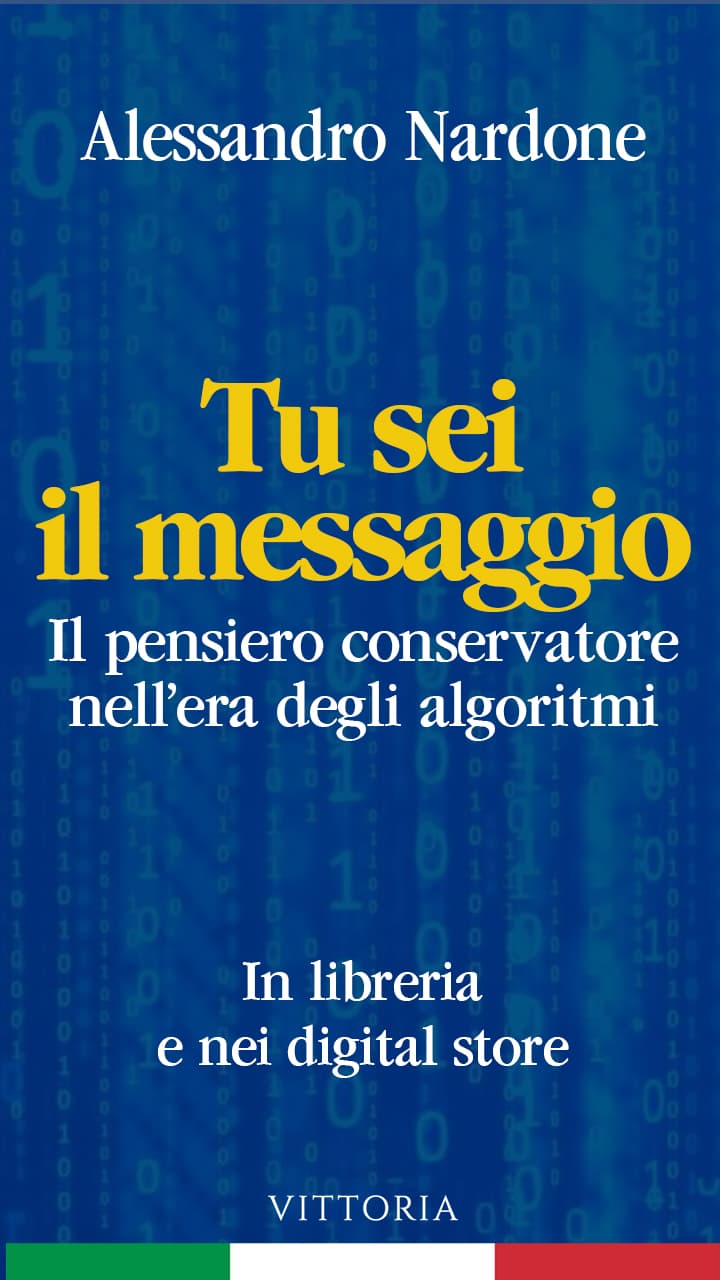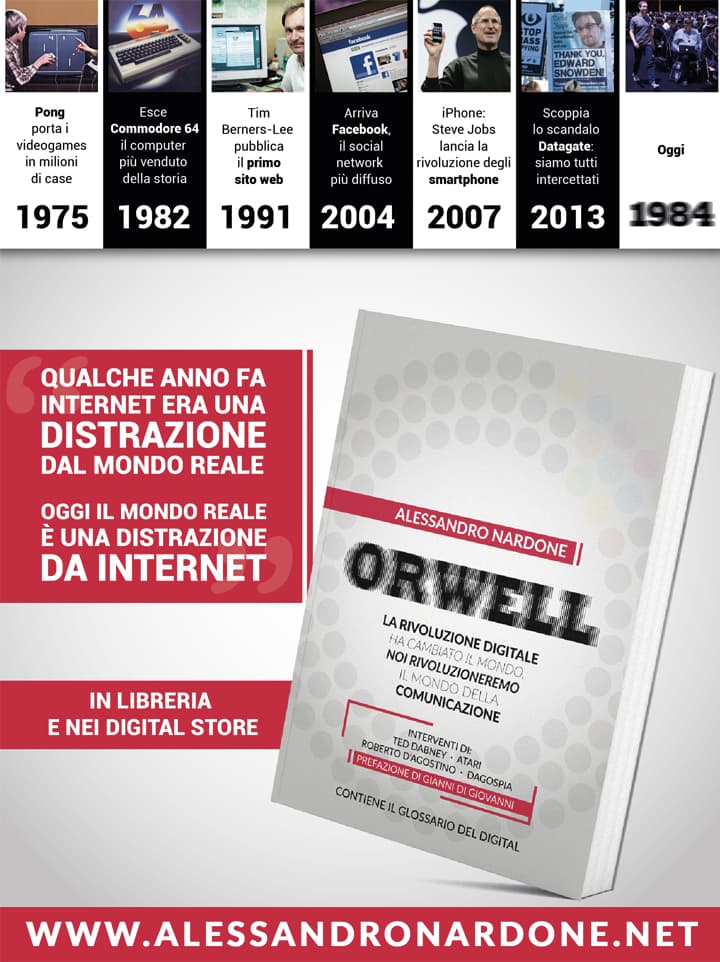The Web Summit reaches its tenth edition and lately it has been held in Lisbon. According to Forbes, this is the “best tech conference on the planet” and, in fact, the numbers are very impressive: 1,800 startups, 1,500 investors and 2,000 media representatives for over 70,000 participants who came to Portugal from 163 Countries.
The event represents one of the most important venues for the debate about technology and this is proven by the important speakers who have come and gone on the different stages of the summit.
Alessandro Nardone, CEO & Founder of Orwell, is one of the partners of the event, having the opportunity to experience the Web Summit first-hand.
Alessandro, first of all, your general impressions about the Web Summit: the environment, the mood, the people.
If I had to title it I’d say “Web Summit, the capital of a Country called Future”, because it gives the idea of the enormous amount of future that is here, all together. A high concentration of brains, ideas, companies, media and institutions from all over the world ready to contaminate and be contaminated. Those who come to the Web Summit don’t have a precise goal, they let themselves be carried by the wave knowing well that every single contact could then become a partner, an investor, a customer or even just a simple food for thought. In each of these cases, being there has been useful for doing business, as well as for expanding our views and giving visibility to our brand.
Edward Snowden, whose book we reviewed a few weeks ago, was the guest star of the opening night with a very strong speech about privacy, big tech companies and use of technology. What impressed you most?
I’ve been following him since the beginning and I’ve read his book, so I must say that in his speech I found many topics which I know and I obviously agree with. Beyond the contents, every time the most shocking thing is that at, a certain point, I rationalize that we listen to him as free people, comfortably sitting in the audience or in front of a computer, while Edward is not, because, instead, he gave up his individual freedom to defend ours. This is why from 2013 I take advantage of every useful opportunity to divulge his story which, alas, is still little known at our latitudes.
“What happens when the most powerful institutions in society become the least responsible?” This is one of the questions Snowden asked the audience. What do you think, relation to Orwell’s business?
First of all, we must start from awareness. Let me explain: as long as we continue to ignore the governments’ spying and manipulative activity, they will be able to continue undisturbed to control us and to “orient” our decisions, and, therefore, our lives too. This is why Snowden is so uncomfortable, because it has opened a glimpse of truth to show people how things really are. For its part, Orwell is driven by a vision that goes exactly in the direction traced by Snowden, breaking the duopoly that Google and Facebook have imposed on the markets of communication and information and putting back the person in the center, with qualities and merits. I am convinced that, starting from this premise, Internet will once again be the wonderful place that it was until the advent of smartphones.
In fact, Snowden’s central appeal is to reclaim the Internet, stirring our conscience. It is a valid message for every human being and, above all, for the new generations, whose privacy is far from obvious. How to react and re-acquire the Internet, or, better, to make sure we achieve quality in our digital life?
It is less difficult than it seems: it is up to us to become aware and change our approach to digital. I also wrote a lot about it in my last book (Orwell, ed), explaining how there are applications like Quality Time that help us not to let ourselves be swallowed up by the hundreds of notifications from which constantly bombards us. The fragmentation of time is a fundamental issue, because the jeopardizing of our attention negatively alters our performance both at work and in personal life: something that, as Snowden correctly explains, becomes a very effective tool in the hands of those who want to manipulate our opinions. In some aspects, getting back to the Internet is a bit like giving up smoking: the difficulty is to start, but as the days go by you get used to it.



























